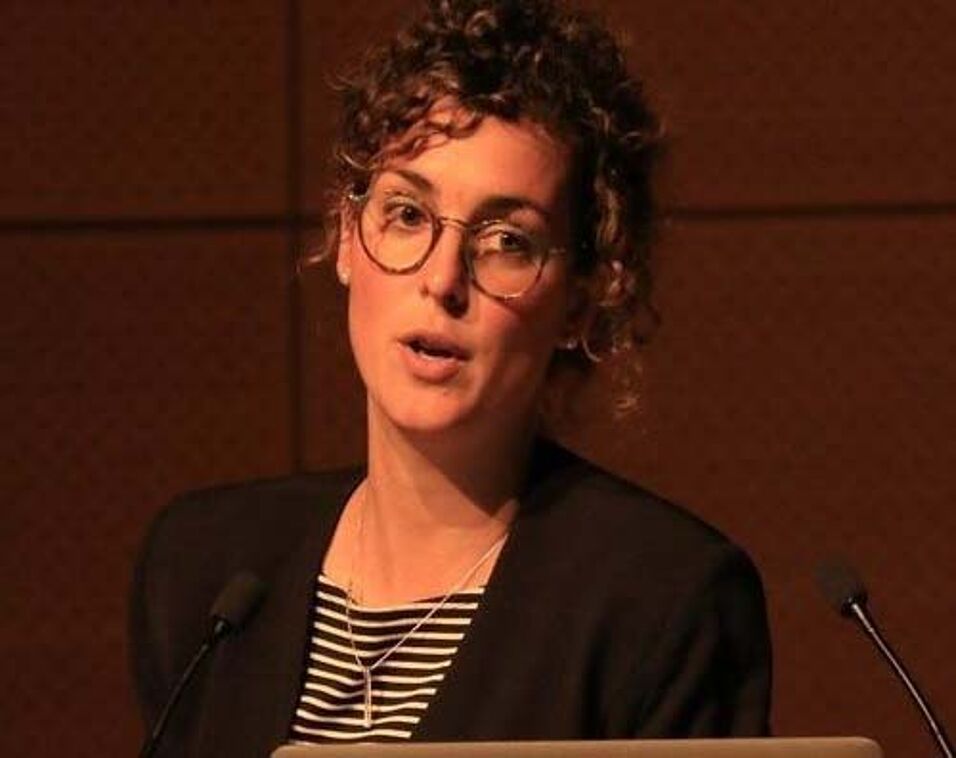Um Anmeldung wird gebeten: anmeldung_mattei@posteo.at
Austerität – eine „lange“ Geschichte?
„Austerität“ wird meist als relativ junges Phänomen betrachtet. Sie gilt als Begleiterin neoliberaler Politik seit den 1980er Jahren, steht für scharfe Einschnitte in den staatlichen Ausgaben, für die Privatisierung öffentlicher Infrastrukturen und Dienstleistungen sowie die Rückabwicklung des Sozialstaates. Wie die Ökonomin Clara Mattei argumentiert, hat Austerität jedoch eine längere Geschichte, die sich zumindest bis in die 1920er Jahre zurückverfolgen lässt. In solch einer historischen Perspektive erscheint sie als politische Essenz des Kapitalismus seit Beginn des 20. Jahrhunderts.
Das Institut für Wirtschafts- und Sozialgeschichte der Universität Wien, das Institut für Historische Sozialforschung, die Abteilung Wirtschaftswissenschaft und Statistik der Arbeiterkammer Wien und die Gesellschaft für Wirtschafts- und Sozialgeschichte e.V.
laden ein zum Vortrag von
Prof. Dr. Clara Mattei (Department of Economics, New School for Social Research, New York): "Can there be capitalism without austerity?"
Austerity is back with a vengeance, or one could argue, it has never left us. For more than a century, governments facing financial crises have resorted to the economic policies of austerity – cuts in social expenditure, interest rate hikes, privatizations and labor deregulation – as a path to solvency. The question remains: what if solvency was never austerity’s goal? I trace modern austerity to its origins in interwar Britain and Italy, in order to rethink the nature and logic of austerity and thus grapple with the question of its persistence. A different conception of austerity, which connects fiscal and monetary policy – and especially the construction of independent central banks – with the more fundamental mission to stabilize class relations is crucial in order to make sense of the predicaments of contemporary society.
Clara E. Mattei ist Associate Professor am Economics Department der New School for Social Research und war zuvor Mitglied der School of Social Sciences am Institute for Advanced Studies. Ihre wirtschaftshistorischen Arbeiten rücken die spannungsreiche Beziehung zwischen wirtschaftlichen Ideen und konkreter Politik in den Mittelpunkt. 2022 veröffentlichte sie das Buch "The Capital Order: How Economists Invented Austerity and Paved the Way to Fascism" (University of Chicago Press), in dem sie den Ursprüngen von Austeritätspolitik nach dem Ersten Weltkrieg nachgeht.

